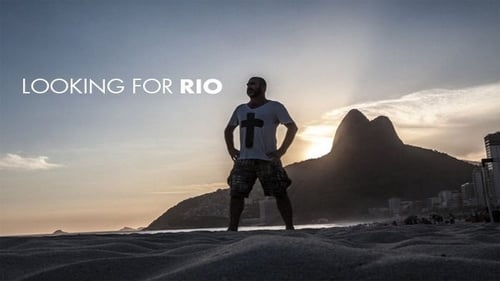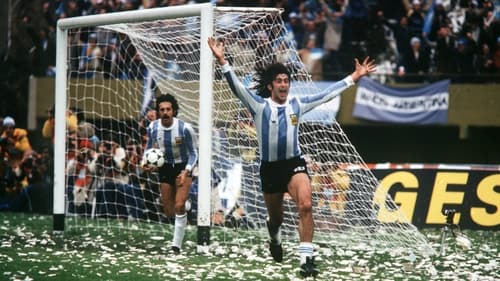Zico
Рождение : 1953-05-03, Rio de Janeiro, Rio de Janeiro, Brazil
История
Arthur Antunes Coimbra (born 3 March 1953), better known as Zico), is a Brazilian football coach and former player who played as an attacking midfielder. Often called the "White Pelé", he was a creative playmaker, with excellent technical skills, vision and an eye for goal, who is considered one of the most clinical finishers and best passers ever, as well as one of the greatest players of all time. He is also widely regarded as the greatest Brazilian to never win the World Cup. One of the world's best players of the late 1970s and early 1980s, he is regarded as one of the best playmakers and free kick specialists in history, able to bend the ball in all directions. As stated on goal.com, Zico is the player that scored the most goals from direct free kicks, with 101 goals.






